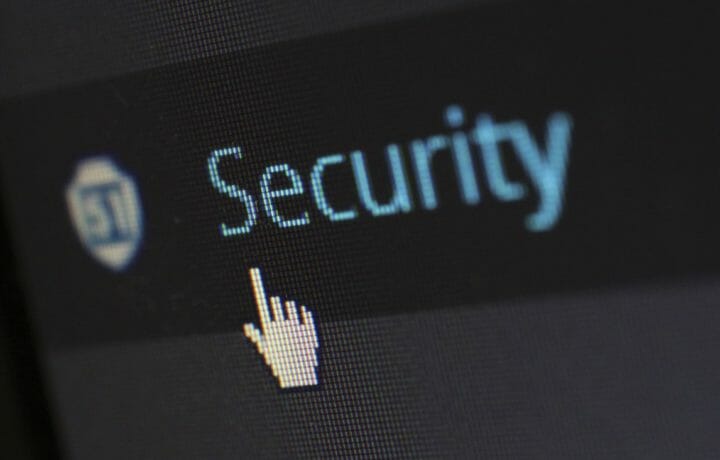Classified programs are remarkably well protected. Procedures exist for everything from who can view classified documents to how they can be stored. With so much investment in classification, why do leaks continue to make front page news? Recent cases of espionage highlight the continued risks of the enemy among us – insider threats are a serious risk to any company, and the perpetrators often face limited repercussions.
To clarify, the insider threat in terms of economic espionage is someone who spies on his own company. Historically, we know these spies are motivated by a host of influences. Perhaps the spy is someone who no longer believes America, and your company’s role in it, is good for the world. A husband and wife team of spies were arrested who were acting on behalf of Cuba. Their political anger at America developed when Castro was first believed to be a modern savior of the oppressed of Latin America. Or perhaps the spy believes himself to be compromised. He is being blackmailed by a foreign handler who has information he will use against him if he ever stops stealing your company information. There are ‘compromising’ photos of him during a visit abroad, or perhaps there is something as simple as a photo of him accepting a check from some foreign representative. This latter example is where most Americans have fallen prey over recent years: money. Aldrich Ames famously betrayed the CIA in return for millions of dollars from the Russians. He gave them the names of Russians spying for America, who were executed. But is this old news? In the past several months numerous espionage cases have been publicized.
There is the Chinese national who joined the U.S. Army reserves and only a couple months ago allegedly betrayed personnel data on U.S. contractors. He was arrested in Chicago. In December, a materials scientist working for Phillips 66 attempted to leave the country with $1 billion in intellectual property.
Traditional espionage is not at all past history. Your company is as vulnerable today as it was during the Cold War. Actually, the threat is greater, since it comes from many new adversaries with new and different skills from the past. Iranian hackers known as ‘Rocket Kitten’ were reported last year to be engaged in trying to steal aviation and space data for Teheran. An alleged Chinese spy with several cover names was lured by U.S. authorities to Belgium, where he was captured and extradited to the United States in October last year. He will stand trial for trying to steal secrets from American aviation firms.
And while it seems this concern about spies deals with traditional espionage against military targets, consider a U.S. government report from last year which noted not just military, but a host of other technologies, have drawn our competitors interest, from biopharmaceuticals, vaccines, even marine systems, to everything in between.
In short, if you aren’t protecting your information, you will lose it. Once lost, it is like trying to recover the feathers of a pillow.




